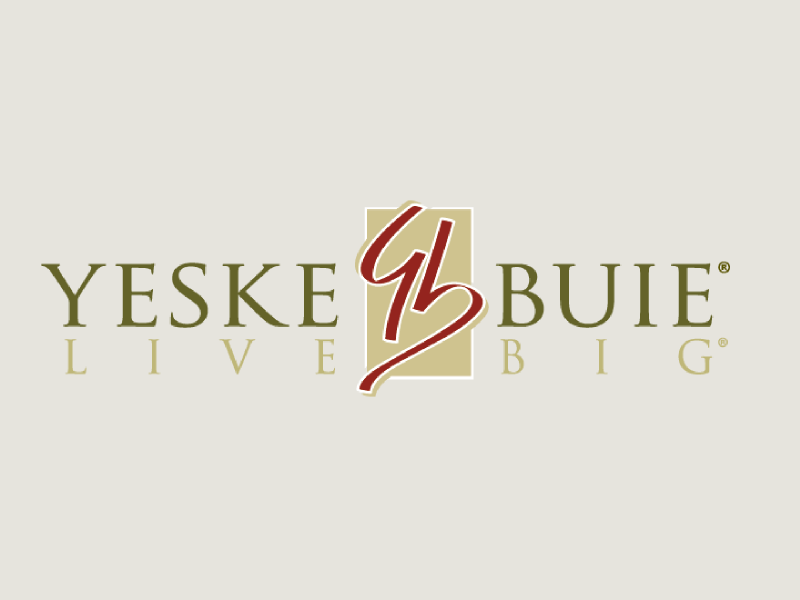Year-end Tax Planning Moves

By TIM TOWNSEND
Staff Reporter of THE WALL STREET JOURNAL
Maybe you’re a procrastinator, or maybe you just worry about money. Either way, you have that uneasy feeling that, with the end of the year looming, you should be doing something about your finances. Well, here are some year-end tips.
Give yourself a tax break. Make your January mortgage payment in December and you can use the interest deduction for your 1999 taxes, says Dave Yeske, a San Francisco financial planner. The same goes for property-tax payments: Make the first-quarter payment now and take the extra deduction for this year.
Check your medical bills. Medical expenses must be greater than 7.5% of your adjusted gross income in order for you to claim them as deductions. So if your combined household income is, say, $100,000 and your family medical expenses are over $7,500, “you’ve crossed the limit, so go buy that new pair of glasses,” says Debra Sawyer, national tax manager at Deloitte & Touche in Washington, D.C. But, “if you haven’t closed in on that limit, hold off on getting your teeth cleaned until we’re into 2000.”
Defer income. If you’re getting a Christmas bonus or just got a raise, ask your employer if you can receive the money in January so you don’t have to pay taxes on it until next year. Also, if you’re selling stock or other investments to pay off holiday bills, it might make sense to wait until January so you can defer paying capital gains taxes. Of course, if you’ve got losses from stocks and bonds, you need to sell the securities by Dec. 31 at the latest to get the deduction for this year.
Watch deadlines. If you have a 401(k) plan, make sure you tell your employer this month how much you want deducted from your salary next year (up to $10,500). If you’re self-employed, you can set up a Keogh account (similar to an IRA) by Dec. 31 and take the full deduction for however much you plan to put in (up to $30,000 a year).
